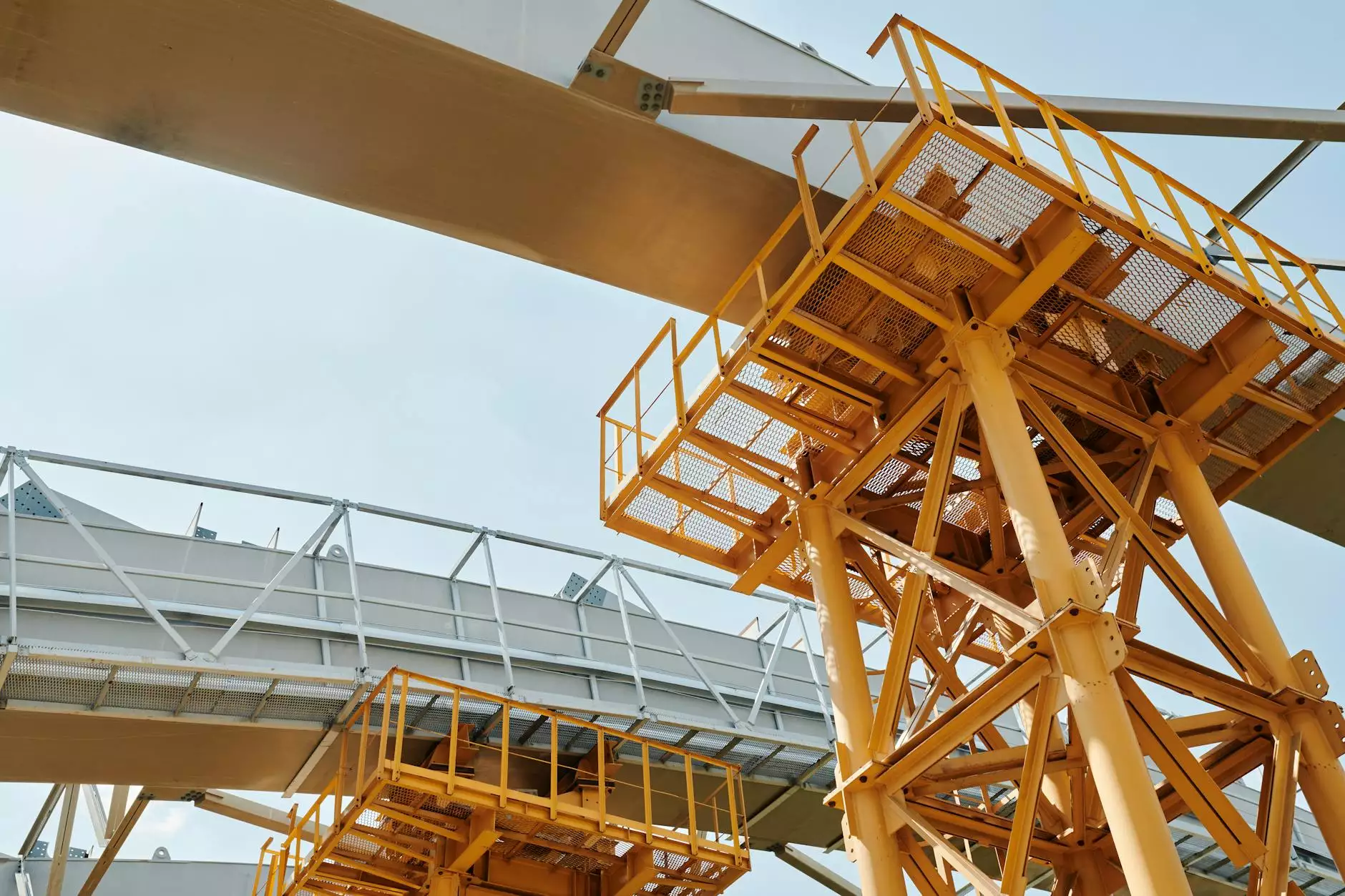Unlocking the Secrets of Effective Refrigeration Equipment

In today's fast-paced world, businesses across various sectors understand the sheer importance of refrigeration equipment. As the backbone of cold chain logistics, refrigeration systems play a pivotal role in maintaining the integrity of perishable goods. This is particularly true for industries such as food and beverage, pharmaceuticals, and health care. Understanding the essential features and innovations in refrigeration equipment can make a huge difference in operational efficiency and product safety.
The Importance of Refrigeration in the Cold Chain
The cold chain is a temperature-controlled supply chain that ensures products are kept at the right temperature from production until they reach the consumer. This is crucial for:
- Food Safety: Proper refrigeration prevents the growth of harmful bacteria, ensuring that food remains safe for consumption.
- Quality Maintenance: Maintaining the right temperature preserves the taste, texture, and nutritional value of food products.
- Regulatory Compliance: Businesses must comply with health and safety regulations that dictate proper storage and transportation conditions for perishable items.
- Operational Efficiency: Efficient refrigeration systems decrease spoilage rates, leading to reduced waste and improved profitability.
Types of Refrigeration Equipment
When it comes to refrigeration equipment, there are numerous options available. The right choice depends on the specifics of the operation—different products require different temperatures and storage conditions. Here’s an overview of the most common types:
1. Walk-In Freezers and Refrigerators
Ideal for businesses that require large storage spaces, walk-in freezers and refrigerators can accommodate a significant amount of inventory. They are customizable in terms of size and temperature, allowing businesses to meet their specific needs.
2. Reach-In Coolers
For establishments with limited space, reach-in coolers are efficient. These units are designed for quick access to food items and are often found in restaurants and convenience stores.
3. Display Cases
Perfect for retail environments, display cases not only keep items cold but also attract customers with their aesthetic appeal. They showcase products while maintaining optimal temperature levels.
4. Refrigerated Trucks and Vans
For businesses involved in distribution, refrigerated trucks and vans provide a mobile solution to transport perishable goods. These vehicles are equipped with advanced refrigeration technology to ensure optimal conditions during transit.
Innovations in Refrigeration Technology
The refrigeration industry is constantly evolving, driven by technological advancements that enhance efficiency and sustainability. Some of the notable innovations include:
1. Smart Refrigeration Systems
These systems come equipped with IoT (Internet of Things) technology, allowing businesses to monitor refrigeration conditions in real-time. Smart sensors send alerts for any temperature deviations, preventing spoilage and enhancing food safety.
2. Energy-Efficient Models
Energy efficiency is paramount in reducing operational costs. New refrigeration equipment uses advanced compressors and insulation materials to drastically lower energy consumption, thus reducing the overall carbon footprint.
3. Eco-Friendly Refrigerants
With growing environmental concerns, there has been a shift towards refrigerants that have lower global warming potential (GWP). Investing in systems that use eco-friendly refrigerants is crucial for sustainable practices.
4. Modular Refrigeration
Modular refrigeration systems offer flexibility and scalability. Businesses can expand their capacity without the need for complete replacements, thus optimizing their investment.
Choosing the Right Refrigeration Equipment
Choosing the right refrigeration equipment is critical for any business involved in handling perishable goods. Consider the following factors:
1. Assess Your Needs
Understand your specific requirements, including the types of products, storage conditions, and necessary capacity. This will help narrow down your options.
2. Energy Efficiency
Look for models with high energy efficiency ratings. Although initial costs might be higher, the long-term savings on energy bills can be significant.
3. Reliability and Durability
Select equipment from reputable manufacturers known for quality and durability. This ensures consistent performance and minimizes downtime.
4. Maintenance and Support
Providers offering comprehensive maintenance services and support are invaluable. Regular maintenance ensures optimal performance and longevity of the equipment.
Exploring First Cold Chain
For businesses committed to excellence in cold chain logistics, First Cold Chain stands out as a pioneer in providing advanced refrigeration solutions. With a strong focus on innovation and sustainability, they offer a diverse range of refrigeration equipment designed to meet the evolving needs of various industries. First Cold Chain is dedicated to enhancing food safety while reducing environmental impact.
Conclusion
In an age where food safety and operational efficiency are paramount, the role of advanced refrigeration equipment cannot be overstated. Businesses that prioritize investing in high-quality, innovative refrigeration solutions will not only meet regulatory compliance but will also enhance their reputation in the market.
As we move forward, the integration of technology and sustainability in refrigeration systems will be critical, especially for businesses in the food, beverage, and pharmaceutical sectors. Embrace the future of cold chain logistics with cutting-edge refrigeration solutions that guarantee safety, efficiency, and profitability.
https://www.first-coldchain.com/








